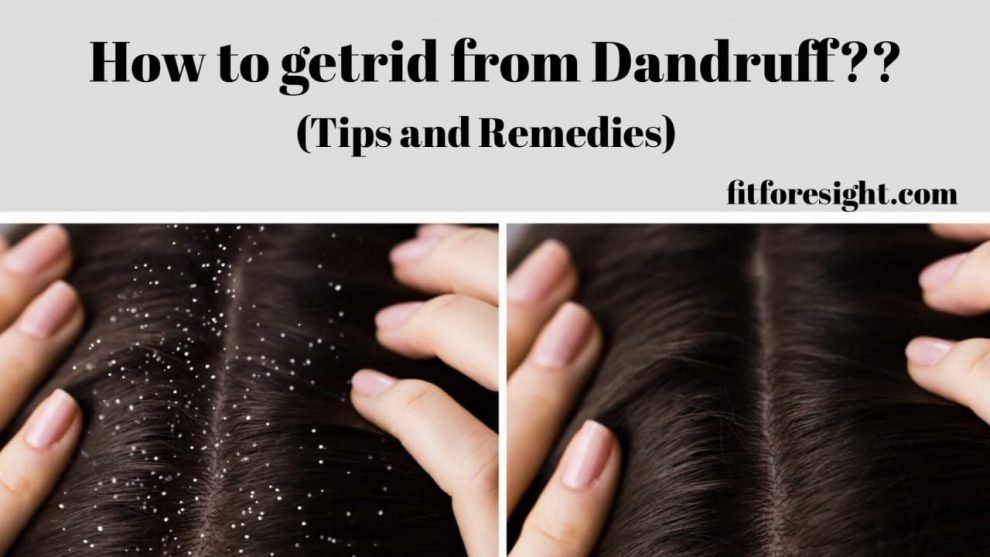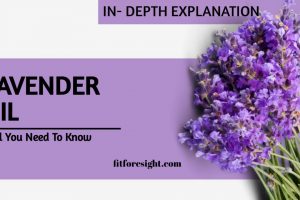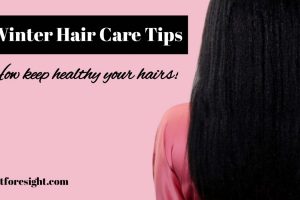Table of Contents
- Introduction
- Understanding Dandruff
- Causes of Dandruff
- How to Prevent Dandruff
- Natural Remedies for Dandruff
- Over-the-Counter Treatments
- FAQs About Dandruff
- Conclusion
Introduction
Dandruff can be a persistent and embarrassing issue for many people. Itchy, flaky, and sometimes even painful, dandruff is a condition that affects the scalp, but the good news is that it can be managed effectively. In this comprehensive guide, we will explore the causes of dandruff, ways to prevent it, and various remedies to banish dandruff for good. So, let’s dive in and get rid of those pesky white flakes!
Understanding Dandruff
What is Dandruff?
Dandruff is a common scalp condition characterized by the shedding of dead skin cells from the scalp. These dead skin cells often appear as white flakes in the hair and on clothing. It can be accompanied by itching and redness of the scalp.
Is Dandruff Contagious?
No, dandruff is not contagious. It is a scalp condition caused by various factors, including dry skin, excessive oil production, and the presence of a specific fungus called Malassezia.
Causes of Dandruff
Dandruff can have various underlying causes, including:
1. Dry Skin
Dry skin is one of the most common causes of dandruff. When the skin on the scalp becomes dry, it can lead to flaking and itching.
2. Excessive Oil Production
On the other hand, excessive oil or sebum production can also contribute to dandruff. This excess oil can create an ideal environment for the growth of the Malassezia fungus.
3. Malassezia Fungus
The Malassezia fungus is naturally present on the scalp of most adults. However, in some cases, it can overgrow and lead to dandruff symptoms.
4. Sensitivity to Hair Products
Certain hair products, such as shampoos and conditioners, can contain harsh chemicals that may irritate the scalp and trigger dandruff.
How to Prevent Dandruff
Preventing dandruff involves maintaining a healthy scalp. Here are some tips to help you keep dandruff at bay:
1. Maintain Good Hygiene
Regularly wash your hair with a mild, anti-dandruff shampoo to keep your scalp clean and free from excess oil and dead skin cells.
2. Avoid Harsh Hair Products
Choose hair care products that are gentle on your scalp and free from harsh chemicals. Look for shampoos and conditioners that are labeled as “anti-dandruff.”
3. Balanced Diet
A diet rich in nutrients, especially zinc and B vitamins, can help maintain a healthy scalp. Include foods like whole grains, lean proteins, and fruits and vegetables in your diet.
4. Stress Management
Stress can exacerbate dandruff symptoms. Practice stress-reduction techniques such as meditation or yoga to keep your stress levels in check.
Natural Remedies for Dandruff
If you prefer natural remedies, there are several options to try:
1. Tea Tree Oil
Tea tree oil has antifungal properties that can help combat the Malassezia fungus. Mix a few drops of tea tree oil with your shampoo and use it regularly.
2. Aloe Vera
Aloe vera gel can soothe an itchy scalp and reduce inflammation. Apply aloe vera gel directly to your scalp and leave it on for 30 minutes before washing it off.
3. Apple Cider Vinegar
Apple cider vinegar can help restore the scalp’s pH balance. Mix equal parts water and apple cider vinegar and use it as a rinse after shampooing.
Over-the-Counter Treatments
For more severe cases of dandruff, over-the-counter (OTC) treatments can be effective. Look for shampoos and conditioners that contain active ingredients like:
- Zinc pyrithione
- Ketoconazole
- Selenium sulfide
- Salicylic acid
These ingredients can help control the growth of the Malassezia fungus and reduce dandruff symptoms.
FAQs About Dandruff
Q1. Can dandruff lead to hair loss?
Dandruff itself is not a direct cause of hair loss. However, persistent scratching of the scalp due to dandruff can damage hair follicles and potentially lead to hair loss. It’s essential to address dandruff to maintain a healthy scalp.
Q2. How often should I wash my hair to prevent dandruff?
Washing your hair at least two to three times a week with an anti-dandruff shampoo can help prevent dandruff. However, washing your hair too frequently can strip it of natural oils, so finding the right balance is key.
Q3. Are there any dietary changes that can help with dandruff?
Yes, maintaining a balanced diet with essential nutrients like zinc and B vitamins can promote a healthy scalp and reduce the risk of dandruff.
Conclusion
Banishing dandruff for good is possible with the right knowledge and care. Whether you opt for natural remedies or over-the-counter treatments, a healthy scalp is within reach. Remember to maintain good hygiene, choose the right hair products, and manage stress to keep dandruff at bay. If you have more questions or need personalized advice, feel free to reach out to me on Upwork. Together, we can bid farewell to dandruff and welcome healthier, flake-free hair!

























Add Comment